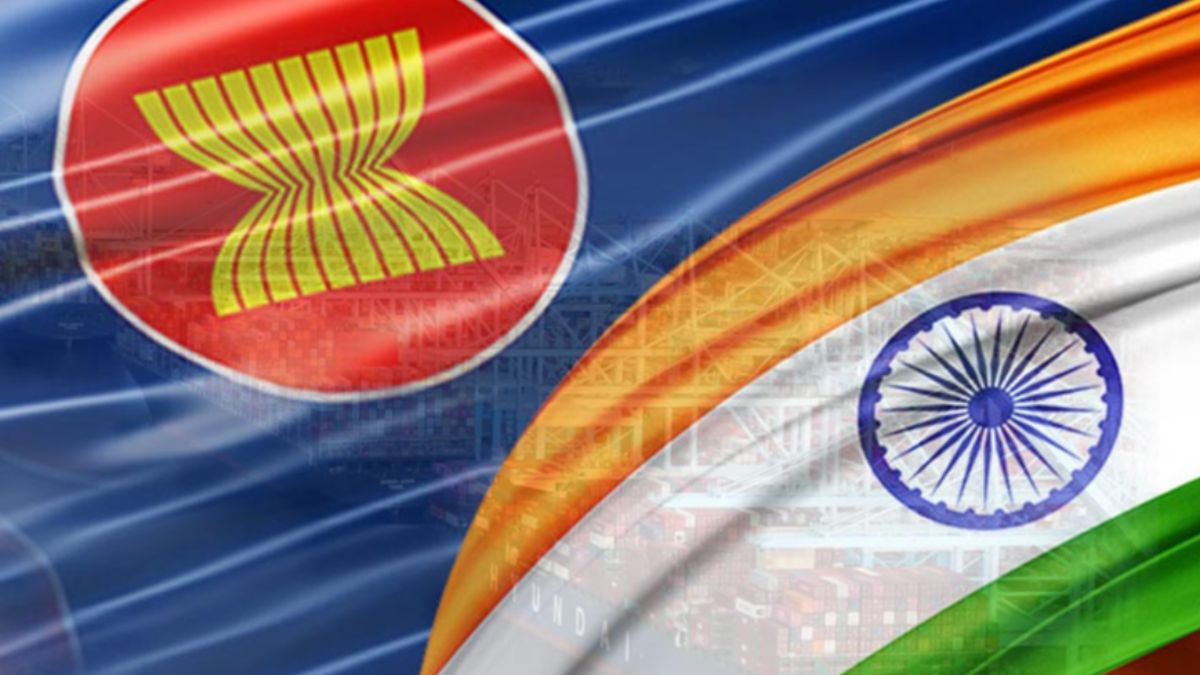India is intensifying its push for deeper tariff cuts and tighter rules of origin as it negotiates the review of its Free Trade Agreement (FTA) with the Association of Southeast Asian Nations (ASEAN). The ongoing discussions aim to address the concerns of Indian industries and ensure a more equitable trading environment within the ASEAN bloc.
The India-ASEAN FTA, which came into effect in 2010, has been a cornerstone of economic cooperation between India and the ten-member ASEAN group. However, Indian industries have expressed dissatisfaction with the agreement, arguing that the existing tariff structure and rules of origin have disproportionately favoured ASEAN members, leading to trade imbalances.
In response, India is advocating for a comprehensive review of the FTA, focusing on securing additional tariff concessions that would make Indian products more competitive in the ASEAN markets. The Indian government is particularly keen on reducing tariffs on key export sectors such as agriculture, textiles, and pharmaceuticals, which have faced stiff competition from ASEAN producers.
Additionally, India is pressing for stricter rules of origin to prevent the misuse of the FTA by non-ASEAN countries. The current rules, which determine the national source of a product, have been criticized for being too lenient, allowing goods from outside the ASEAN region to enter India at concessional duty rates by merely undergoing minimal processing in an ASEAN member state. Tighter rules of origin would ensure that only products genuinely originating from ASEAN countries benefit from the preferential tariff rates.
India’s Commerce Ministry has been actively engaging with its ASEAN counterparts to address these issues.
The negotiations come at a critical time as India seeks to strengthen its economic ties with ASEAN, which is one of its largest trading partners. The outcome of the FTA review will have significant implications for India’s trade strategy in the region and its broader goal of integrating with global markets.
As talks progress, industry stakeholders are watching closely, hoping that the revised agreement will provide a more level playing field and boost India’s exports to ASEAN.

